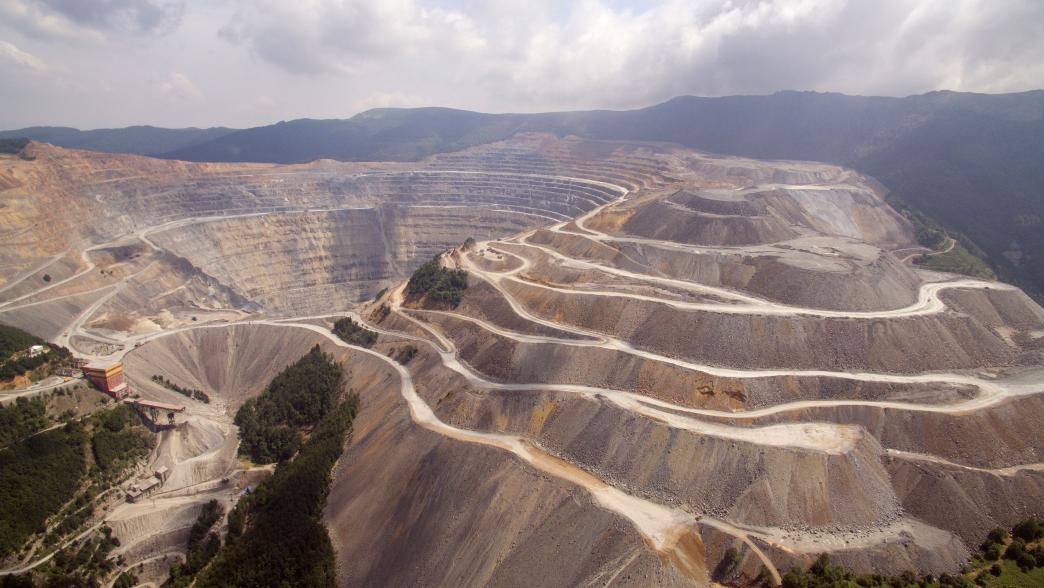
Unfinished Business: Contract Transparency in the Extractive Industries Transparency Initiative
The urgency of climate action and the complexity of the energy transition mean it has never been more important to be able to understand the deals made between companies and governments for oil, gas and minerals. For this reason, since 2021, implementing countries of the Extractive Industries Transparency Initiative (EITI) have been required to disclose the contracts between governments and extractive companies.
This briefing by the Natural Resource Governance Institute (NRGI), Oxfam and Publish What You Pay (PWYP) surveys the contract disclosure practice of the 57 EITI-implementing countries to understand the extent of their contract disclosure practice. The briefing highlights trends, areas of insufficient disclosure and best practices. Readers can explore the data on a dedicated visual tool on the #disclosethedeal microsite.
Key findings include:
- Contract disclosure has become more common. The percentage of EITI implementing countries that have deliberately disclosed at least one contract increased from 57 percent in 2017 to 70 percent in 2020. But more recently progress has stalled. In 2023, the percentage of EITI-implementing countries that have deliberately disclosed at least one contract remained at 70 percent.
- Most EITI-implementing countries are doing poorly at disclosing their contracts. Thirty-seven countries (65 percent) disclose only partially or not at all. Only 10 countries (about 18 percent) disclose well in both the mining sector and the oil and gas sector (though a few countries operate in only one of these sectors).
- While the EITI Standard requires that countries produce a list of active contracts, only 10 EITI-implementing countries (18 percent) have provided such a list in their EITI reports. Without such a list, it is impossible to say whether a country is disclosing all active contracts.
- EITI-implementing countries do not regularly publish contract amendments and annexes. This is problematic because limiting disclosure to the main contract document means that stakeholders do not have access to the full or updated set of terms that apply.
Contracts between governments and companies for the exploitation of publicly held natural resources are key documents.
Authors

Robert Pitman
Senior Governance Officer

